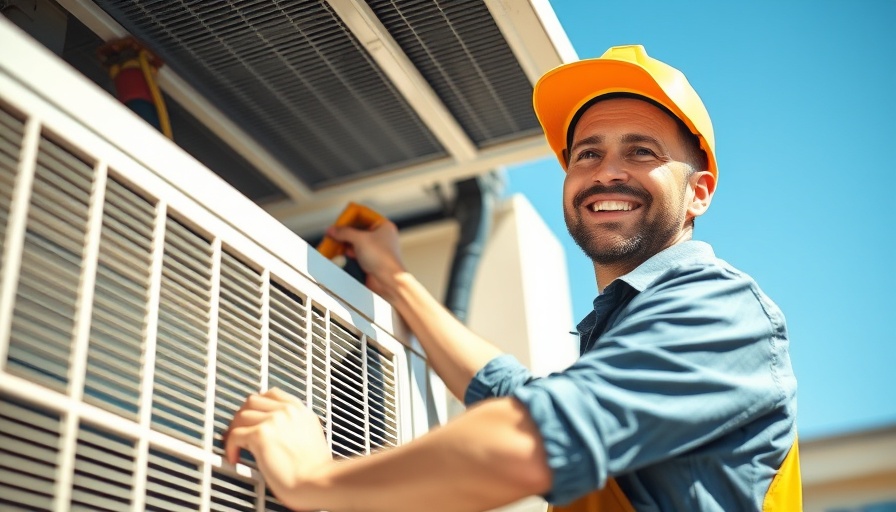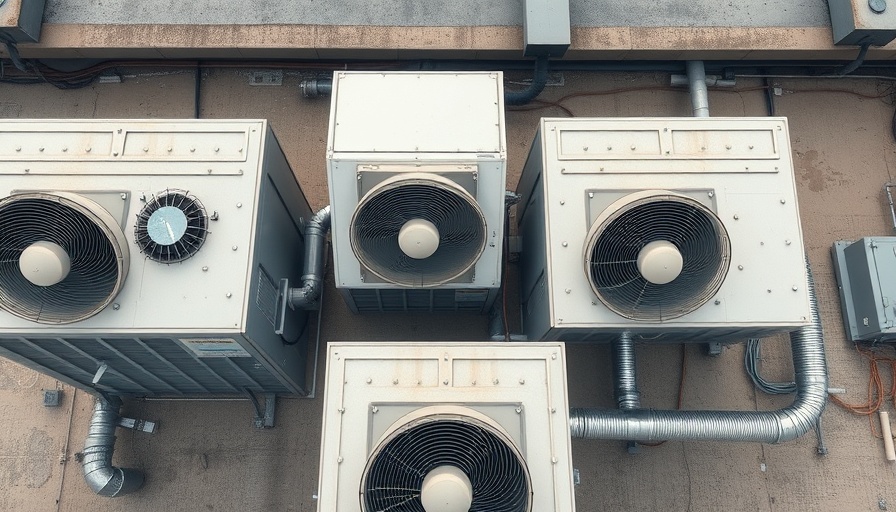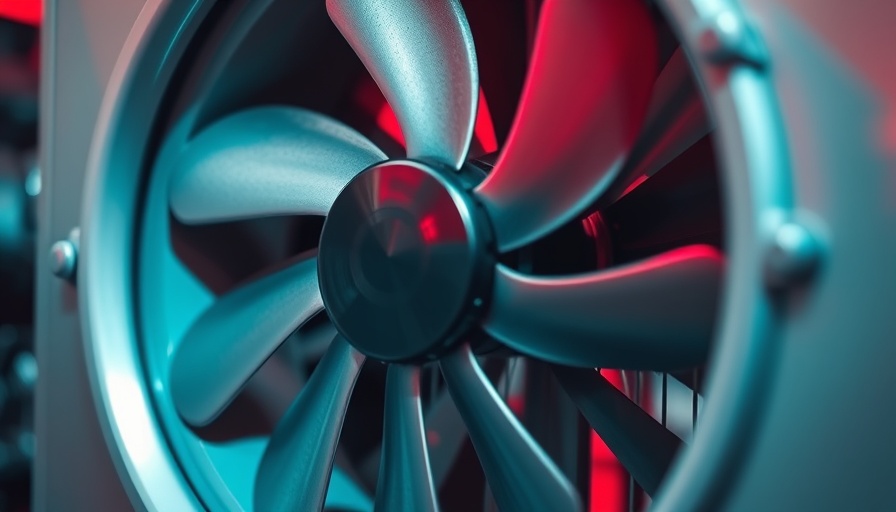
Understanding Pink Mold: A Homeowner’s Guide
If you’ve noticed slimy pink stains around your home, especially in the bathroom, you might be facing an unwelcome guest: pink mold. While it may not carry the same fear factor as its darker cousins, such as black mold, it poses its own set of issues you shouldn't overlook.
What is Pink Mold and What Causes It?
Interestingly, the term 'pink mold' can be a misnomer. In many cases, the culprit isn’t mold at all but rather Serratia marcescens, a bacterium that thrives in moist, soap-rich environments. Bathrooms are often the ideal breeding ground for this nuisance because it feeds off the fatty acids found in soap. A quick scan of your shower tile grout, toilet bowl, and even sink drains might reveal this slimy invader lurking there.
Health Risks Associated with Pink Mold
Although pink mold is considered less toxic than black mold, it can still pose health risks, particularly to sensitive individuals. Those with asthma or weakened immune systems, along with contact lens wearers, may experience complications from exposure. This makes it crucial for homeowners to take immediate measures if they spot pink mold.
Tackling Pink Mold: Cleaning and Prevention
Dealing with pink mold requires a bit more than just a standard scrub with soap. Effective elimination typically involves using stronger cleaners like bleach, borax, or hydrogen peroxide. For more extensive infestations—especially those covering more than three square feet or those nestled within HVAC systems—it’s wise to bring in a licensed mold remediation professional.
Take Action Now
Acting promptly on pink mold issues not only enhances your home’s aesthetic appeal but also significantly reduces health risks. Make it a habit to regularly clean and maintain your bathroom to keep this unwelcome visitor at bay.
 Add Row
Add Row  Add
Add 




Write A Comment